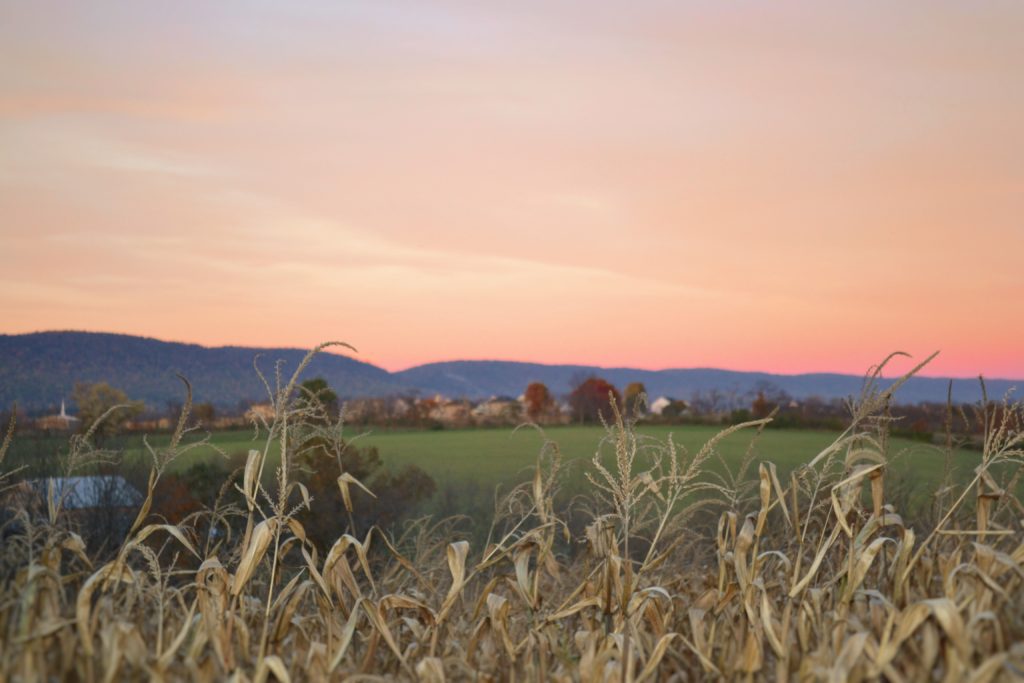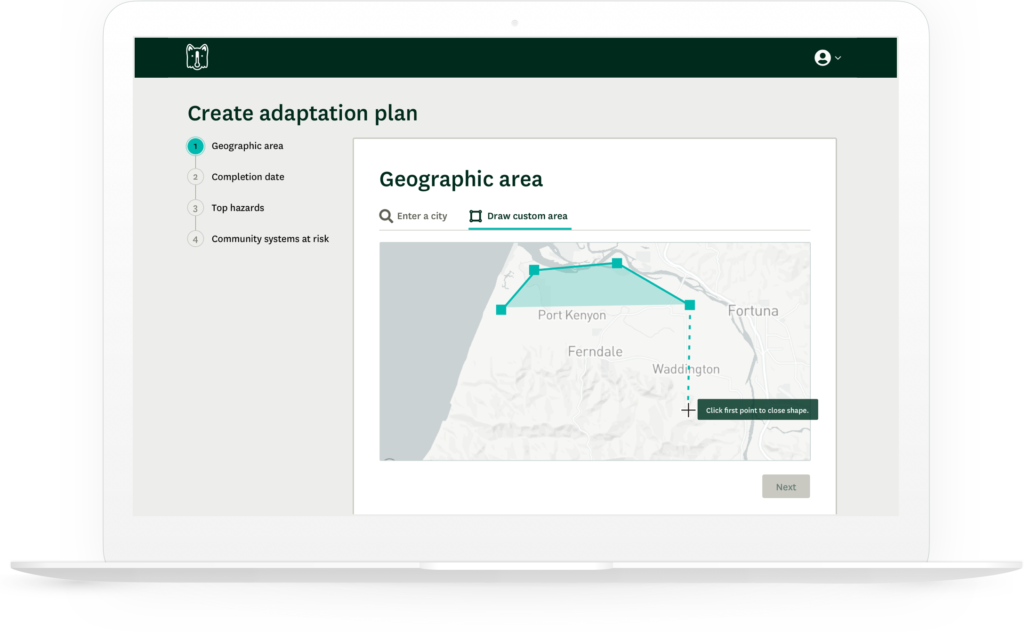Did you know that climate change’s projected impact on Rural America is so significant that the 2018 National Climate Assessment dedicated an entire chapter to the implications?
While it seems many resources have been mustered to aid the country’s largest cities in their long-term planning efforts, that focus on urban areas ignores the 19% of the population and 97% of the country’s land area known as Rural America (American Community Survey: 2011-2015). Over the past several decades, rural areas have seen a significant change in industry and employment opportunities, but the health and livelihood of rural community residents remain inextricably linked to the area’s natural resources (particularly oil and gas). Generally speaking, rural areas are also disproportionately affected by high levels of poverty and are less likely to have the adaptive capacity to respond to significant climate shifts. While economic development strategies are key to the sustainability of rural America, loss prevention, emergency preparedness, and hazard adaptation planning are fundamental.
Focus on the 97%
When we first launched Temperate, Azavea’s decision-support tool for climate adaptation planning, we made the decision to focus on individual cities, implicitly aligning ourselves with the focus on urban areas. As it turned out, our first user was the town of Blacksburg, which has a population of around 45,000 and is definitely more rural than urban. Since 2018, we’ve worked closely with Blacksburg’s Sustainability Manager, Carol Davis, in the hopes of applying lessons learned from her experience with Temperate to future application development. Thanks to a recent grant from the U.S. Department of Agriculture, we now have a chance to do just that.
One of the first things Carol and other potential users asked is can the data be shown for areas beyond city borders. For many non-urban communities, planning sometimes occurs as a regional or county level; soon Temperate will allow for that. Additionally, without specialized municipal departments with big headcounts, planning in rural communities is usually led by a talented generalist. We’ve talked with a number of these dedicated individuals and they’ve let us know that non-climate data–socioeconomic, public health, and natural and built environment data–plays a critical role in planning and they need that at their fingertips within Temperate to make decisions.
In order to do this right, we’ve partnered with some friends, both old and new. ICLEI-USA continues to be our conduit to the inner workings of the nation’s cities and towns. We’re glad to be adding the experience and expertise of both Angela Hacker, Vice President and Senior Consultant with Prosper Sustainably, and Eric Giddens, Energy Education & Outreach Coordinator at the University of Northern Iowa’s Center for Energy and Environmental Education to this effort. Angela and Eric will help ensure that the changes we implement are evaluated first by practitioners and community members that live and work in rural and tribal areas, and that the new data and visualizations we add are actually useful. And of course, we’ll be relying on Carol for some feedback as well.
Tell us what you need
With this work, we’re hoping Temperate will be able to assist rural and hard to reach communities with limited resources build resilience to their vulnerabilities, identify appropriate response strategies, and plan for the long-term sustainability of their residents. If you live or work in a rural community and would like to provide us with some suggestions on what types of features would be most valuable to your region when planning for climate change, please send us an email at support@temperate.io.
Try Temperate today
Need help creating or updating your vulnerability assessment, or drafting your climate adaptation plan? Test out the full Temperate software for 15 days by signing up for our free trial. For an in-depth dive on how Temperate works, check out this recorded webinar we produced with ICLEI.
If you don’t see what you need or aren’t sure what you need, reach out and we’ll work through it together.


